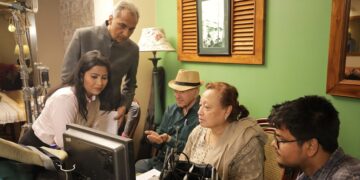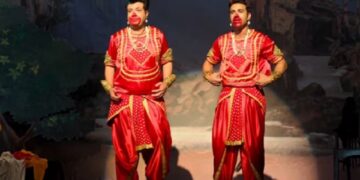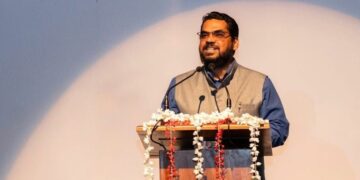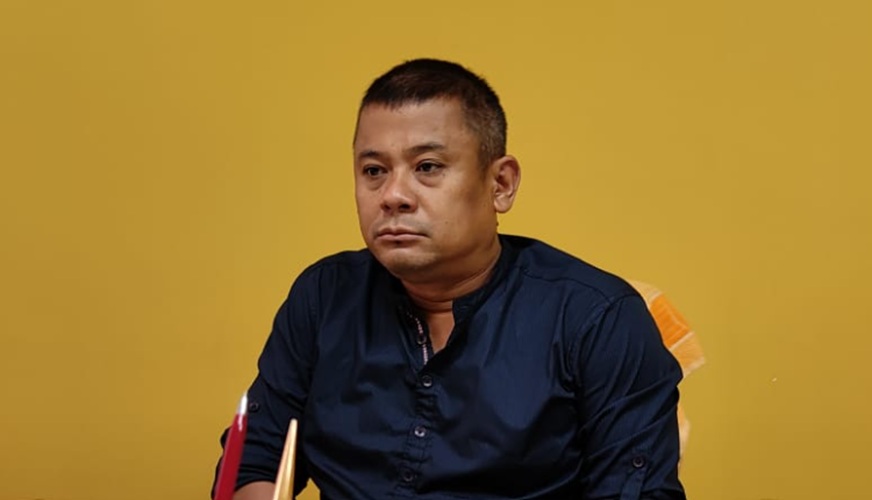Shillong: Tura MP Saleng A Sangma has urged the Union government to implement sweeping reforms for Anganwadi workers (AWWs) and helpers, calling for a uniform monthly wage of Rs. 24,000 and Rs. 18,000 respectively, along with their inclusion under labour laws.
In his representation to Union Women and Child Development Minister Annapurna Devi and Minister of State Savitri Thakur, Sangma highlighted that Anganwadi staff, especially in states like Meghalaya, continue to serve in remote and challenging terrains despite low wages and minimal benefits.
Meghalaya alone has 5,895 Anganwadi workers and 4,120 helpers, he said.
Currently, AWWs are paid between Rs. 8,000 and Rs. 15,000 across states, while helpers earn Rs. 4,500 to Rs. 8,500.
In Meghalaya, the honorarium stands at Rs. 11,500, with an additional Rs. 1,500 provided by the state government.
Sangma cited a Gujarat High Court ruling that fixed minimum wages at Rs. 24,800 for AWWs and Rs. 20,300 for helpers, but noted that most states are yet to implement it.
The MP also pressed for timely digital disbursement of wages, career growth opportunities, and regular training for these frontline workers.
He stressed that Anganwadi workers, the backbone of India’s early childhood care and nutrition programmes, remain deprived of pensions, maternity benefits, health insurance, and the protection of the Minimum Wages Act since they are categorised as “honorary workers.”
His representation further flagged delayed payments, rising out-of-pocket expenses on travel and communication, and the impracticality of biometric attendance in difficult hilly terrain.
Recent protests in Assam, he said, underline the growing frustration among Anganwadi staff across the Northeast.
For those serving in tribal and hill regions, Sangma sought special measures, including hardship allowances, reimbursement of travel and meal costs, provision of safety kits, periodic health check-ups, and grievance redressal mechanisms at block and district levels.
“Anganwadi workers are unwavering in their service to mothers, children and communities. Their dedication must be recognised through reforms that secure their welfare and strengthen their vital role,” Sangma’s representation stated.















